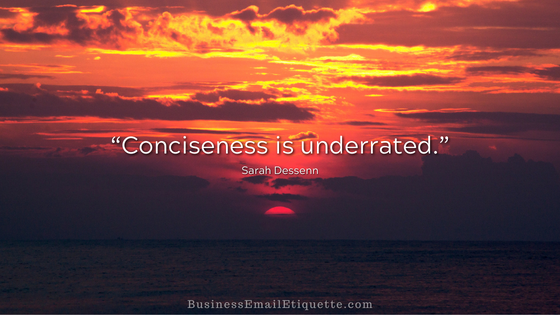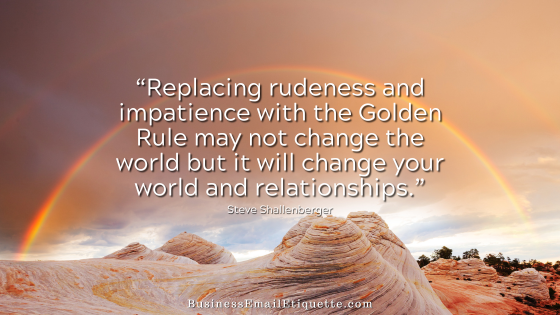Unrealistic Response Expectations

We can’t live without our email. And to think, a mere 30 years ago, when I was excited about CompuServe and opened my little Internet Studio on the IL/WI border, everyone thought I was nuts!
We want it now!
Fast forward, and we want everything now! Email should be in the recipient’s inbox instantly after we click the Send button. In most cases, it pretty much is. They should respond the moment they are notified a new message has arrived. Now! Not later, not in an hour, NOW!
Sometimes, it does take a bit longer. But to think the other side should stop the presses and any other responsibilities they may have and answer our emails is a bit over the top.
Our expectations have become unrealistic.
Sometimes, email takes longer to get to the other side. This could be due to an unknown network or geographical issues. And, believe it or not, only some people you email are sitting in front of their computers 24/7.
Nor does everyone have their email going directly to their phone to be instantly notified. I know it is hard to believe, but it’s true. I don’t.
Patience is a Virtue
Before assuming someone is ignoring you or is not responding as fast as you believe, they should consider the following:
There are probably times you are being ignored…
When I started typing about business email etiquette decades ago, I advised that we should all respond to every email we receive. Those that are not spam, of course!
Over the years, I have changed my view on that. Spammers have also become more creative and less spammy, but they are still spam.
So, when do I ignore emails?
These are just a few generalities, off the top of my head, of emails I ignore because I’d rather spend the time responding to emails that matter — to me. That is why it is important not to assume you will get a reply just because you send an email. Especially if you do not know the person and are “cold calling.”
I wrote a little rant article a couple of years ago based on my frustration with receiving emails that were not pertinent to me: 5 Reasons Why Your Business Emails Receive No Replies. Those situations could apply to anyone.
Ask to be Whitelisted
With new business contacts, always ask them to whitelist your address by adding your email address to their contact list/address book. Or, if they are using Gmail (I’m not sure why any business would do that—that’s another post), they can add you to their “approved senders” to ensure your emails get through.
The above issues require you to think about the other side — not just that you sent an email to which you want a response — now.







